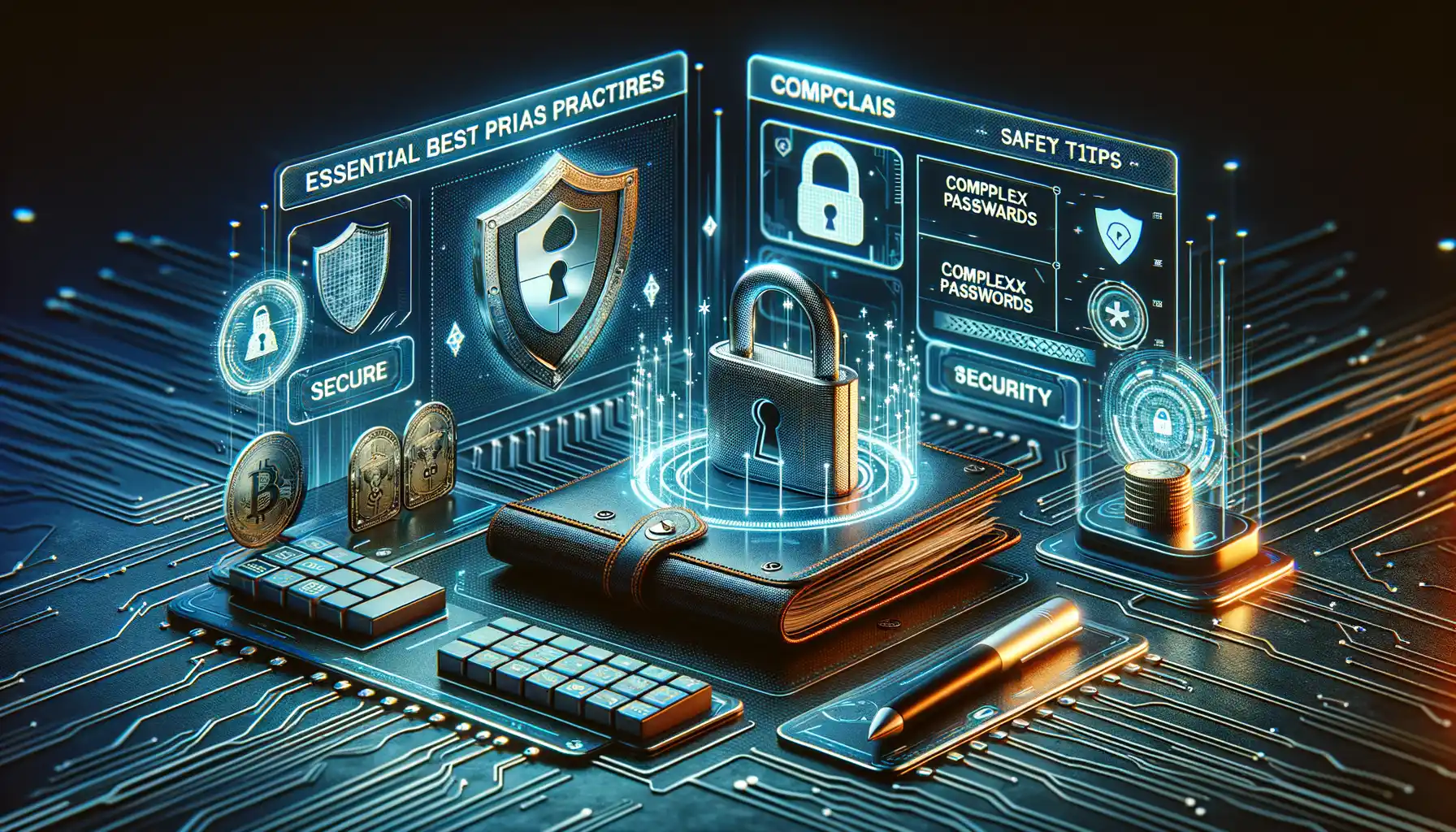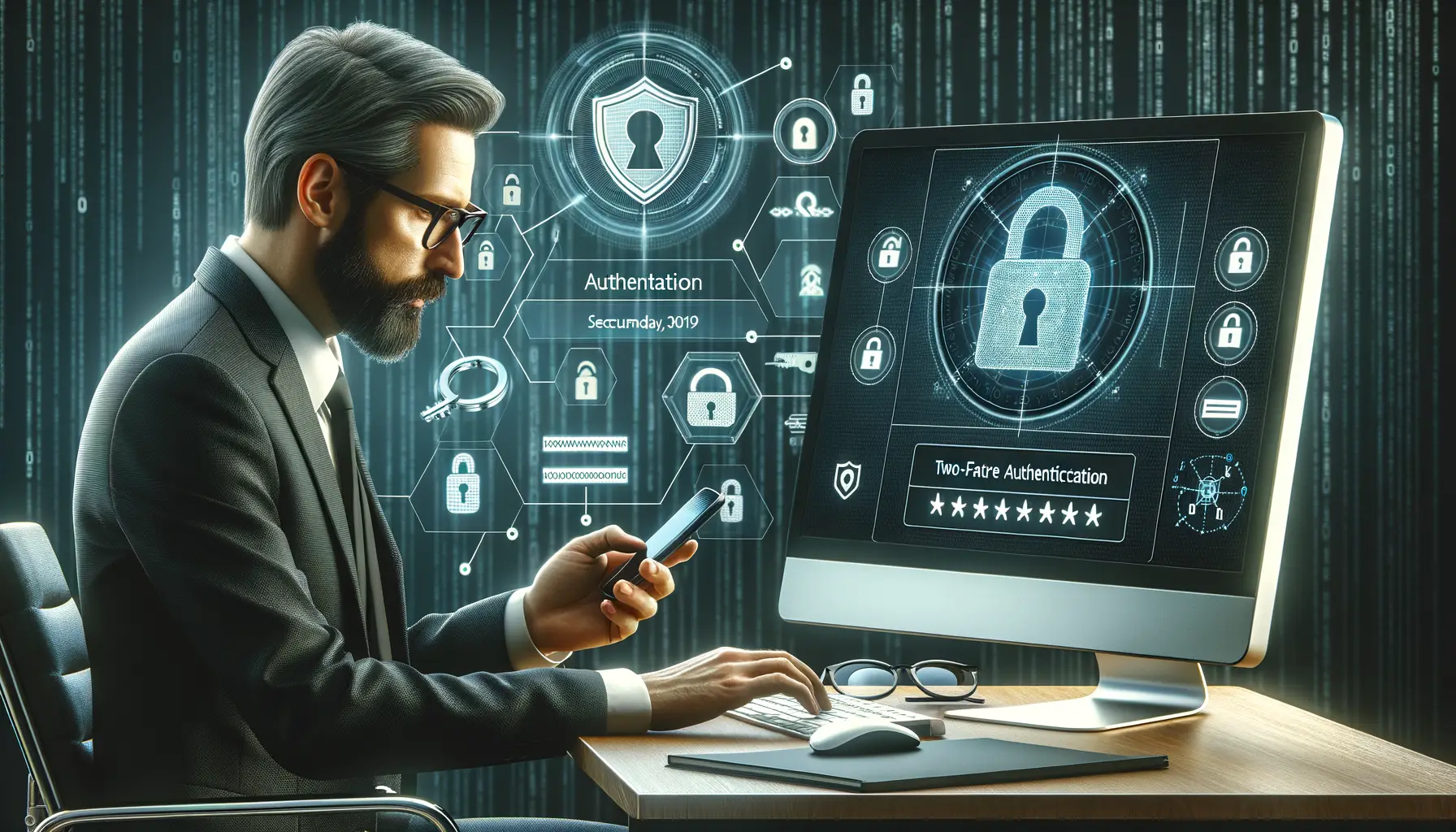Understanding the Risks of Cyber Threats to Digital Coins
Why Digital Coins Are a Hot Target for Cybercriminals
Picture this: your digital coin collection, carefully built over months or even years, is suddenly gone. Vanished. That’s the harsh reality many face when they underestimate the risks of cyber threats. To hackers, your stash of Bitcoin, Ethereum, or other cryptocurrencies isn’t just a random assortment of code—it’s virtual gold. And believe me, they’ll go to extraordinary lengths to steal it.
Here’s the thing: unlike traditional bank accounts, cryptocurrency operates in a decentralized world. No bank hotline. No “forgot your password?” safety net. If your coins are hacked or stolen, they’re often gone for good. Hackers target vulnerabilities like insecure wallets, weak passwords, or phishing scams disguised as legitimate services.
- Phishing Attacks: Fake emails or websites designed to trick you into handing over sensitive wallet details.
- Malware: Sneaky software that can creep into your system, logging keystrokes or gaining access to your wallet keys.
- Exchange Hacks: Even large crypto exchanges aren’t immune, as high-profile breaches have shown.
These aren’t distant possibilities—they’re everyday realities for crypto holders. Understanding the risks is your first line of defense in keeping those digital treasures safe. Let’s dig deeper!
The Emotional Toll of Falling Victim to Cyber Theft
Losing digital coins isn’t just a financial hit; it’s a gut-wrenching emotional blow. Imagine logging into your wallet, only to find an empty balance staring back at you. The helplessness can be overwhelming, hitting like an unexpected wave while you stand defenseless on the shore.
Victims often describe feeling violated—after all, your digital wallet is more than pixels and code; it represents your effort, trust, and dreams of financial freedom. The anonymity of cryptocurrency compounds the problem. There’s no face to blame, no clear path towards recovering what’s lost. Just the sting of regret: “If only I’d been more careful.”
But knowledge is power. By understanding these risks upfront, you’re not just protecting your assets—you’re safeguarding your peace of mind. Cyber thieves may lurk in the shadows, but with smart precautions, you don’t have to live in fear.
Implementing Secure Storage Solutions

Why Your Coins Need a Safe Haven
When it comes to protecting your digital coin collection, think of secure storage as the fortress guarding your treasure. Hackers are like modern-day pirates, constantly looking for vulnerabilities in digital wallets. Without proper safeguards, you’re leaving the door wide open to potential disaster.
Secure storage solutions are about more than just keeping your keys safe; they’re about ensuring peace of mind when venturing into the vast world of cryptocurrency. Start by exploring hardware wallets—often called the **gold standard** for crypto storage. They’re offline devices that keep your keys out of hackers’ reach, even if your computer gets compromised. For instance, brands like Trezor or Ledger offer sleek, user-friendly options.
For added protection, consider multi-signature wallets. It’s like needing multiple keys to open a vault—ideal for shared accounts or higher-value holdings. Here’s why they matter:
- Extra authorization layers: More than one person must approve any transaction.
- Reduced single-point failure: If one key is lost or hacked, your funds remain untouchable.
Remember, it’s not just about choice; it’s about vigilance. Once secured, treat your storage setup like a prized possession—don’t flaunt it and don’t neglect to update its defenses.
Essential Best Practices for Safeguarding Digital Wallets

Locking the Doors to Your Digital Vault
Your digital wallet is like a treasure chest—it holds your prized coins, tokens, and assets. But just like in pirate stories, there are cyber-bandits constantly looking for a way in. So, how do you secure that treasure without losing the key? It’s all about building layers of protection.
First, always use unique, complex passwords—yes, even if it means saying goodbye to “password123”. Tools like password managers can help craft and store strong ones securely. Also, keep your wallet software up-to-date. Those annoying update notifications? They often patch vulnerabilities discovered by security teams.
Here’s a small but mighty checklist to follow:
- Avoid public Wi-Fi for transactions—it’s the digital equivalent of shouting your PIN in a crowded room.
- Back up your wallet. Losing access to those recovery phrases is like misplacing the only map to your treasure island.
- Be mindful of phishing attempts. Random emails promising free crypto? Delete them faster than you click “buy” during a dip!
Think Before You Click
Ever had that split-second doubt when clicking a link? Trust it! Cybercriminals get sneaky, creating fake wallet apps or bogus websites. Always double-check URLs and download software only from official sources. A good habit? Bookmark your wallet login page so you never risk landing somewhere shady.
Remember, safeguarding your digital assets isn’t just about technology. It’s also about cultivating sharp instincts and staying one step ahead of lurking threats!
Utilizing Two-Factor Authentication and Encryption

Double-Locking the Door: Why You Need Two-Factor Authentication
Imagine trying to break into a vault with not one, but two unbreakable locks. That’s exactly what Two-Factor Authentication (2FA) does for your digital coin collection. It’s not just a buzzword—it’s your second line of defense when passwords falter.
With 2FA, even if a hacker somehow cracks your password, they hit a wall. Why? Because they’ll need something extra only you can access, like a unique code sent to your phone or generated by an authenticator app. Think of it this way: it’s like asking for ID after they’ve already guessed your secret handshake.
Here’s how it works:
- Something you know: Your strong, complex password.
- Something you have: A device like your smartphone or a hardware key.
Don’t skip this step—it’s like leaving your front door open “just for a minute.” We all know how that story ends!
Encryption: Turning Your Data Into a Secret Code
Picture your digital coins as treasure hidden in plain sight, but written in a language no one understands except you. That’s what encryption does. It scrambles your wallet data into indecipherable gibberish, requiring a secret key to unlock.
Whether stored on your computer or in the cloud, encryption ensures that your sensitive information stays YOURS. Even if cyber thieves intercept it, all they’ll snag is meaningless noise—not your wealth.
If your wallet provider doesn’t offer encryption, it’s time to find one that does. And for the tech-savvy, encrypting files manually with tools like VeraCrypt can be a game changer. Remember, when it comes to your digital fortune, leaving things unencrypted is like walking around announcing your ATM PIN.
Staying Informed on Emerging Threats and Security Trends

Why Staying in the Know is Your Best Defense
Imagine this: you’re on a digital treasure hunt, collecting shiny coins in your online wallet, feeling unstoppable. But lurking in the shadows of the internet are cunning cyber pirates, always evolving, always one step ahead. To outsmart them and shield your precious assets, staying informed isn’t just an option—it’s a necessity.
The world of cybersecurity is like a fast-moving current. One day, everyone’s talking about phishing scams; the next, there’s buzz about ransomware or deepfake wallets. By staying updated on emerging threats, you’re equipping yourself with the knowledge to dodge attacks before they even happen. Read reputable tech blogs, sign up for newsletters from trusted cybersecurity firms, and yes, set aside time for some good old YouTube tutorials. Your vigilance today could save you from heartbreak tomorrow.
How to Keep Tabs on Security Trends
Want a practical way to keep up? Let’s break it down:
- Follow trusted cybersecurity experts on social media—Twitter (or X, if we must), LinkedIn, and beyond.
- Set Google Alerts for terms like “digital wallet hacks” or “crypto security trends.”
- Join online communities like Reddit or Discord groups focused on crypto enthusiasts.
Your digital coin collection deserves the same care as a rare artifact. Treat it like gold—because, well, it kind of is!





